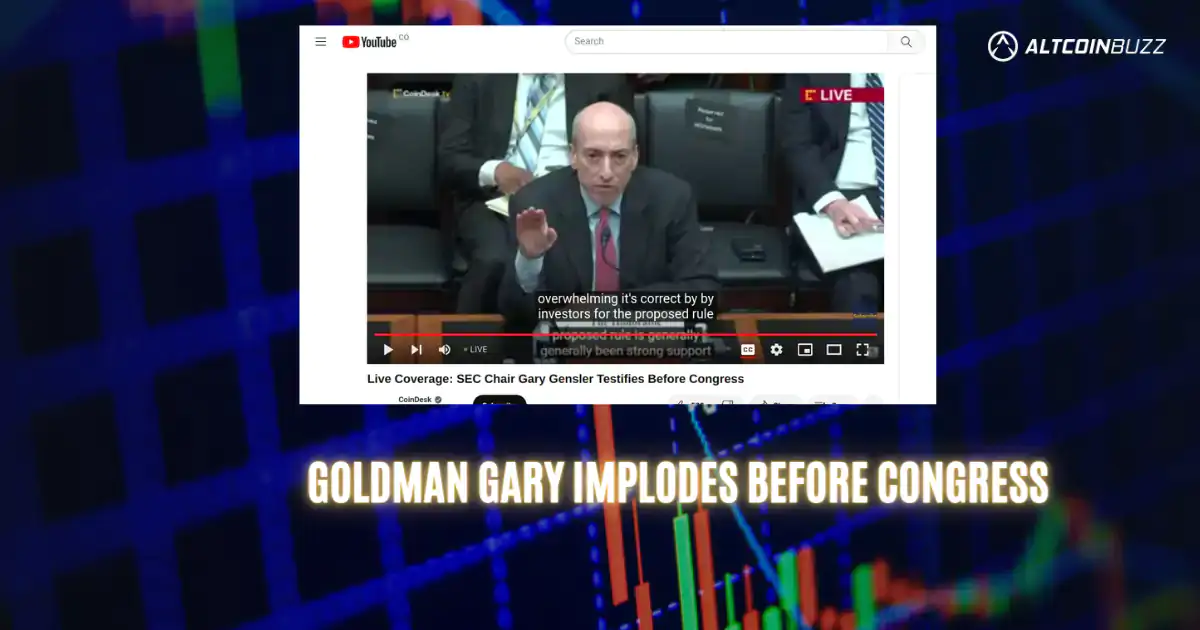While the Bitcoin and crypto markets are still facing following the collapse of ftx, Kristalina Georgieva, head of the IMF, warns us of a worldwide collective recession that will affect a third of all economies. In an interview, the managing director of the International Monetary Fund said the global economy will face a challenging year in 2023.
In doing so, Georgieva described China‘s slowing growth as the biggest threat this year, with the world economy’s other main growth engines – the U.S. and Europe – also set to experience a slowdown.
“For the first time in 40 years, China's growth in 2022 is expected to be equal to or lower than that of the rest of the world," said Georgieva. There is already evidence of a slowdown in the European Union, sparked by the war between Ukraine and Russia, she said.
The IMF chief also warned that the new year “will be tougher than the year we leave behind,” citing that emerging markets will also be hit hard by the slowdown in major economies,
We expect one-third of the world economy to be in recession. Even in countries without a recession, hundreds of millions of people would feel like they are in a recession.
“Half of the EU will be in recession next year,” she added, going on to say that the U.S. could avoid a recession because it was “the most resilient” and could avoid a recession. "We see that the labour market is still fairly strong," said Georgieva, also arguing:
...it's a mixed blessing because if the labour market is very strong, the Federal Reserve could have to tighten interest rates longer to lower inflation.
Consequently, as has already become clear at past FOMC meetings, the U.S. labor market will be a key focus for the U.S. central bank when it comes to deciding when a pivot is justified. In the first week of the new year, a number of key data on the labor market are due, and in addition, the next inflation data will be released on December 12.
2023 IMF PREDICTION: “We expect one-third of the world economy to be in recession,” IMF Managing Director Kristalina Georgieva tells @margbrennan. But a strong American labour market could help the world weather a tough year, she says. Pic.twitter.com/Vbhj478pFo
— Face The Nation (@FaceTheNation) January 1, 2023
What does this have to do with Bitcoin and Crypto?
This issue is one of the most important and potentially the most contentious in 2023. It is clear that Bitcoin has still not kept its promise of inflation protection in 2022. Whereas gold has shown a return of -1% since the beginning of the year, the BTC price has lost 65%, which is astounding.
It is also a fact that bitcoin and crypto have never been exchanged in recession, so historical comparisons are missing. Furthermore, it should be obvious that retail investors especially will have a hard time investing in BTC when the majority is doing badly economically.
On the other hand, it might be a new opportunity for Bitcoin to establish itself as the "hardest money" in the world with up to 21 million supply. We have to ask ourselves where the purchasing power will go in the event of a recession. Is it going to be gold, as has always been the case, or is Bitcoin going to get a fair share of digital gold?
Can't Central Banks Quit Printing?
Here’s why: pic.twitter.com/dD1nrQbYa4
— Swan.com (@SwanBitcoin) January 1, 2023
At the time of the press, the CTB price was unchanged. Bitcoin has registered a small 1% gain in the last 24 hours and was trading at $16,671.

Featured image from Daniel Thomas / Unsplash, Chart from TradingView.com



 BlocksInform
BlocksInform










